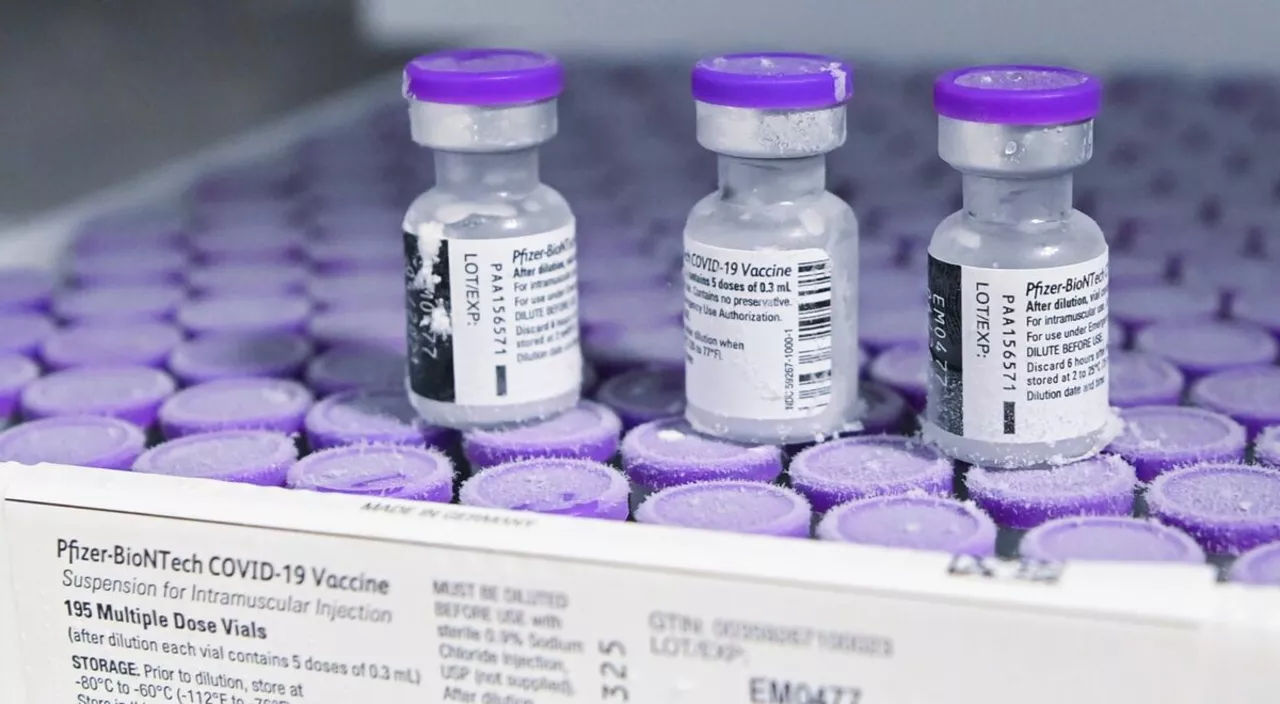Erlotinib: What It Is and How It Works
Erlotinib is an oral cancer drug that blocks the EGFR protein on some tumor cells. That block can slow tumor growth and sometimes shrink tumors. Doctors most often use it for non-small cell lung cancer (NSCLC) with EGFR mutations and in combination with chemotherapy for certain pancreatic cancers.
Before starting erlotinib, your team will usually test the tumor for EGFR mutations. If the mutation is present, erlotinib is more likely to help. This makes testing a practical first step—ask your oncologist if it hasn’t been done.
How to take erlotinib
Take erlotinib exactly as your doctor tells you. Typical dosing: 150 mg once daily for EGFR-positive NSCLC. When used with gemcitabine for pancreatic cancer, the usual dose is 100 mg once daily. Your oncologist will pick the right dose for your case.
Timing matters: take erlotinib on an empty stomach—at least one hour before or two hours after a meal. Food, especially a fatty meal, increases absorption and can raise side effects. Avoid strong antacids, proton pump inhibitors (PPIs), and H2 blockers if possible; they reduce absorption. If you must use an antacid, separate it by several hours and check with your prescriber.
Tell your doctor about all medicines and supplements you take. Drugs that affect the CYP3A4 enzyme (like ketoconazole, rifampin, or certain anticonvulsants) can change erlotinib levels. Smoking lowers erlotinib levels too—if you smoke, mention it to your care team because your dose or approach may change.
Common side effects and what to do
The most common side effect is a skin rash that often looks like acne. It can be itchy or painful, but many patients manage it with gentle skin care, moisturizers, and sometimes topical antibiotics or steroids prescribed by the doctor. Interestingly, a rash can correlate with drug activity, but that doesn’t mean you should ignore severe skin reactions—report them.
Diarrhea is common. Drink extra fluids and use loperamide as advised by your care team. Severe diarrhea needs immediate medical attention to avoid dehydration.
Other side effects include fatigue, loss of appetite, nausea, and mouth sores. Less common but serious risks include liver problems (watch for dark urine, yellow skin/eyes), and rare lung inflammation called interstitial lung disease—get urgent care if you have new or worsening shortness of breath.
Blood tests and liver function tests are often done before and during treatment. Dose reductions or temporary pauses are routine ways doctors manage side effects. Never stop or change your dose without talking to your oncologist.
Pregnancy warning: erlotinib can harm a fetus. Women of childbearing potential should use effective contraception during treatment and for a time after stopping—ask your care team for specifics.
If you have questions about side effects, interactions, or what to expect next, bring a list of your meds and symptoms to your next appointment. Good communication with your care team makes erlotinib safer and more effective for you.

